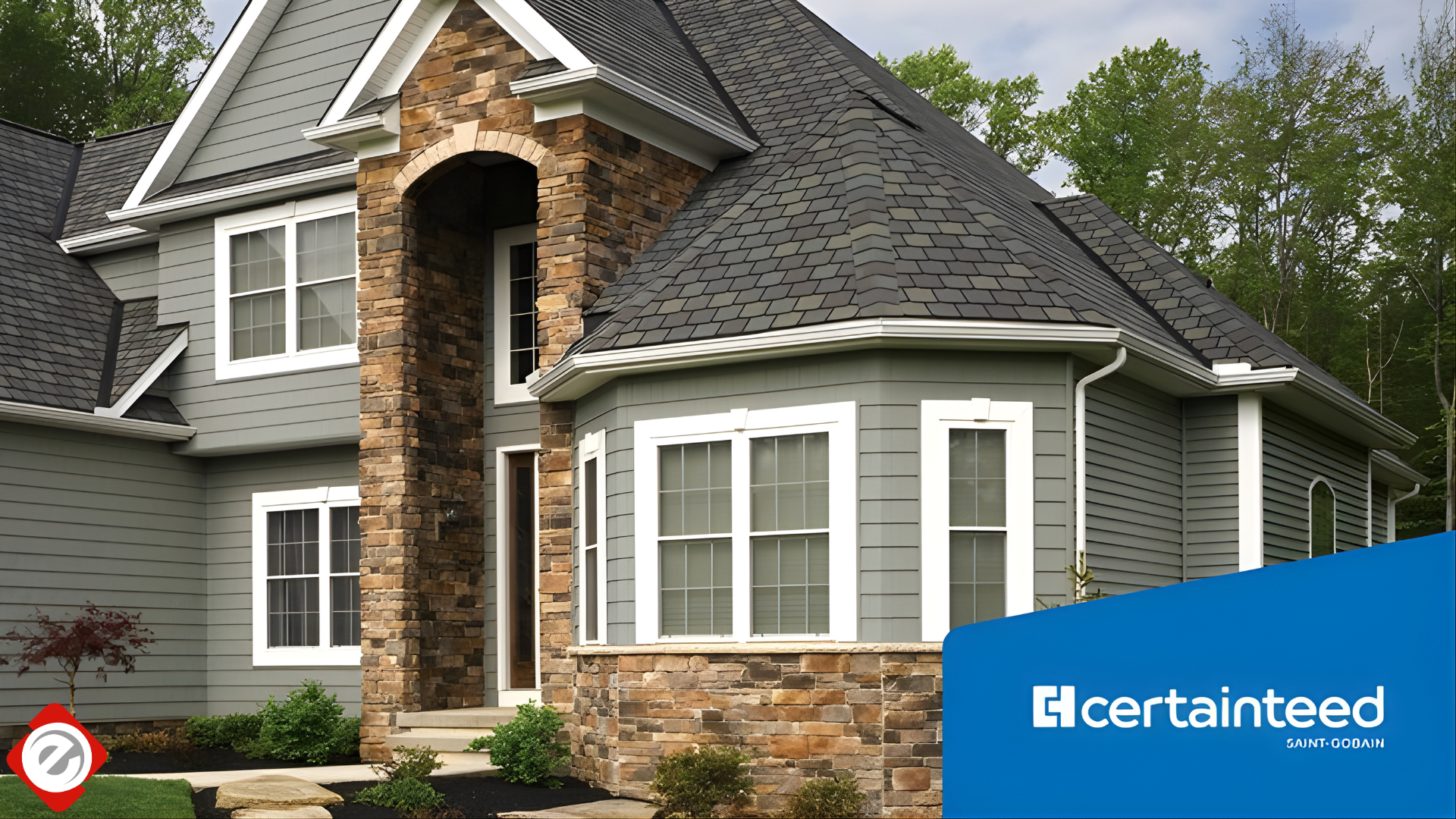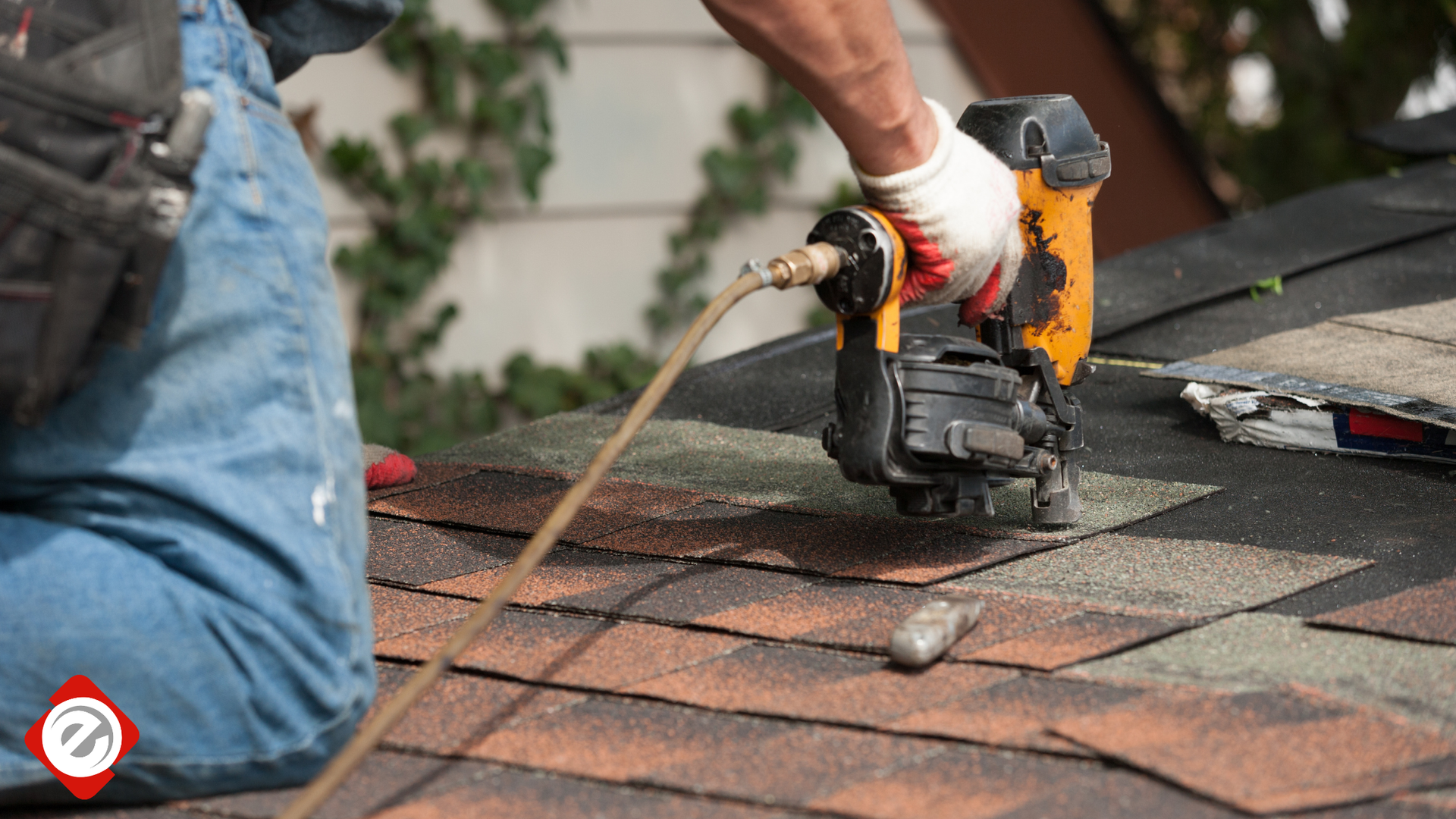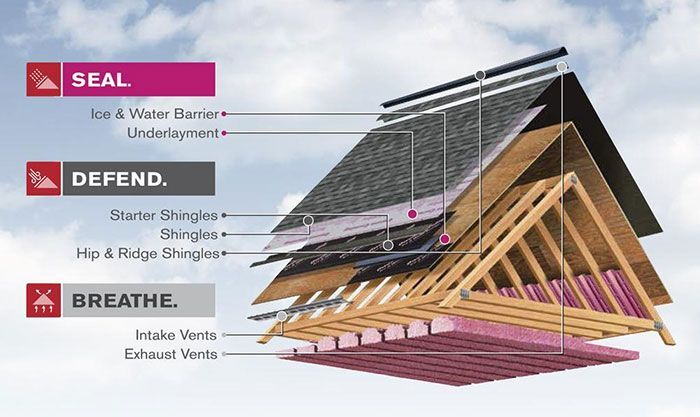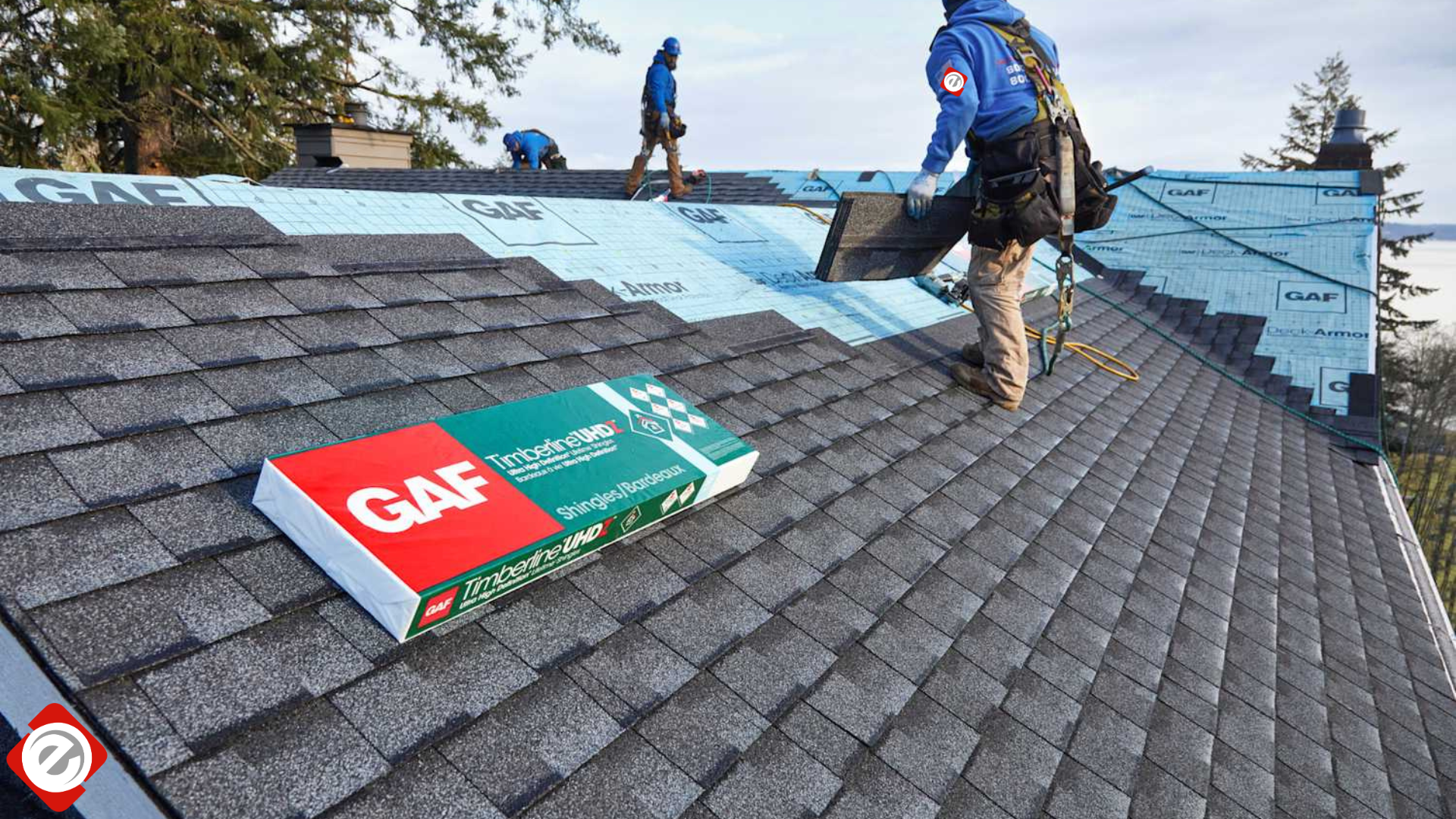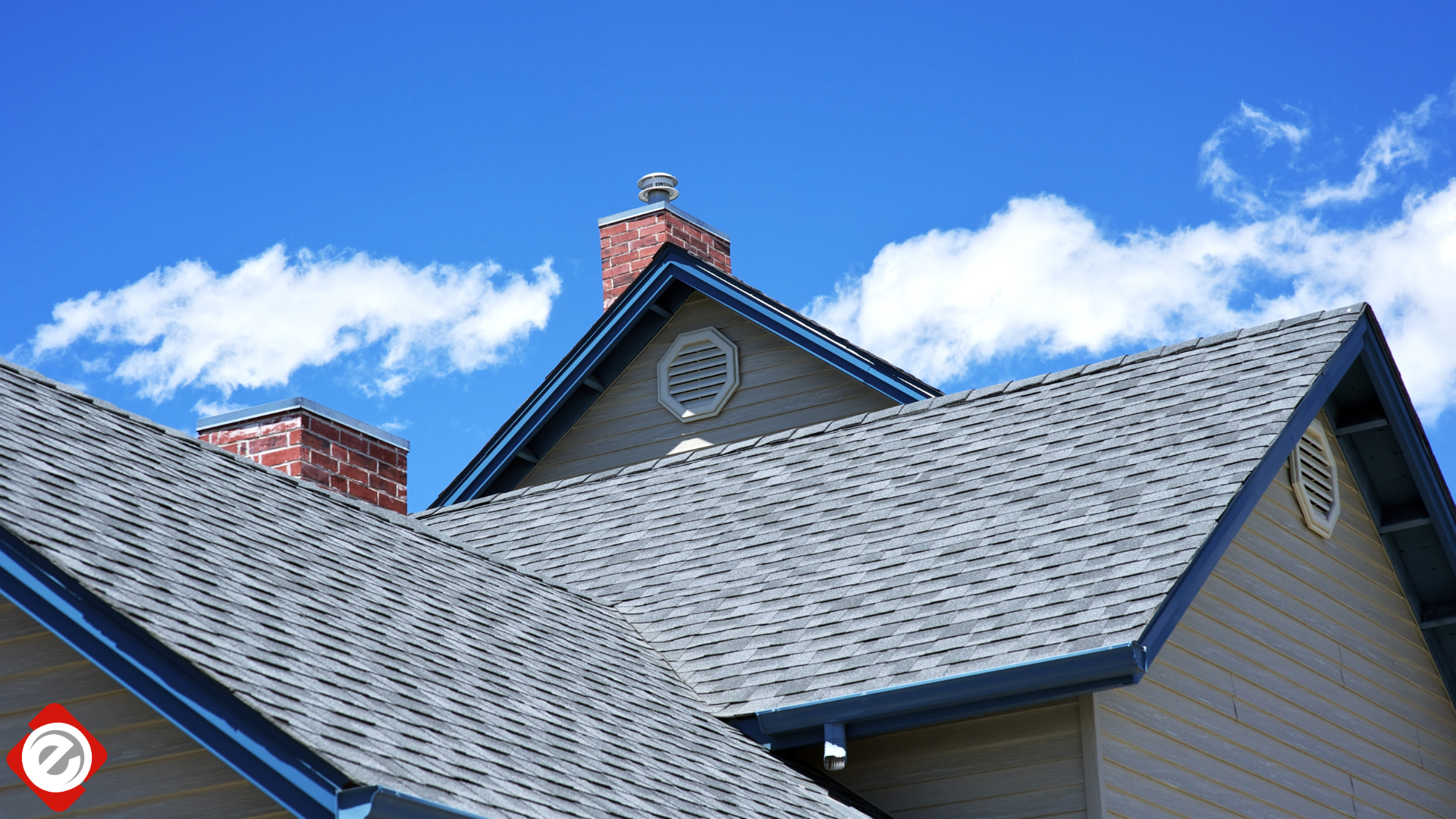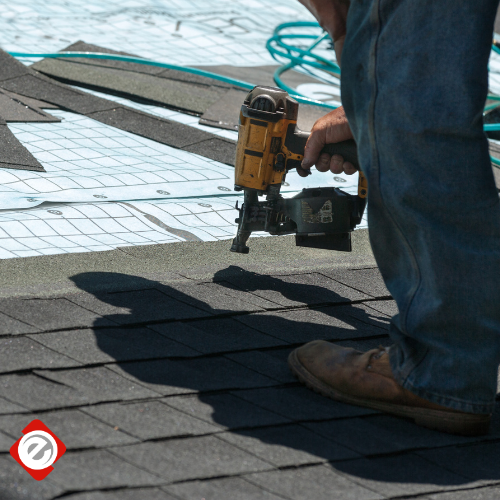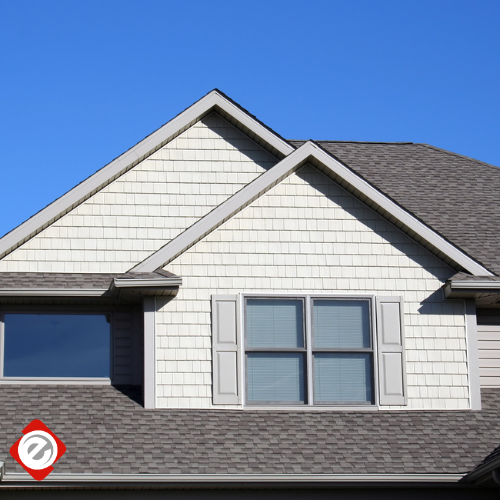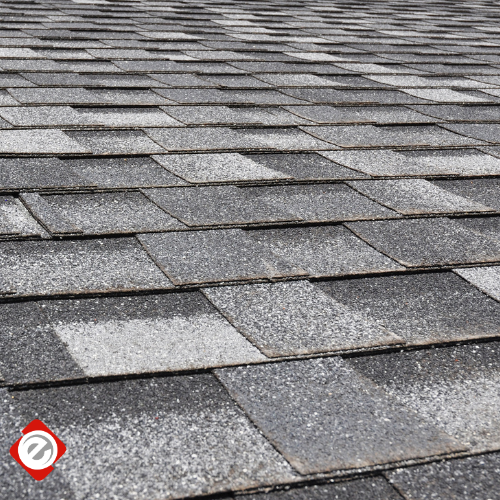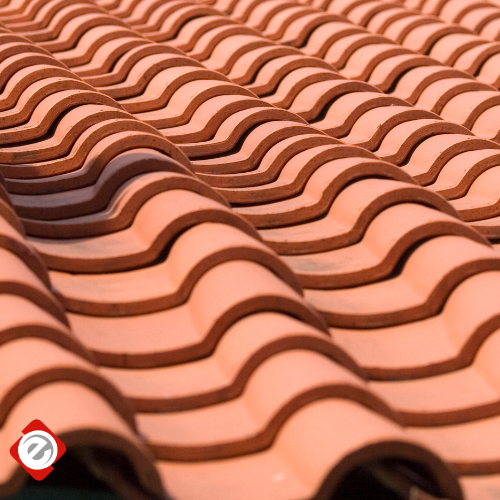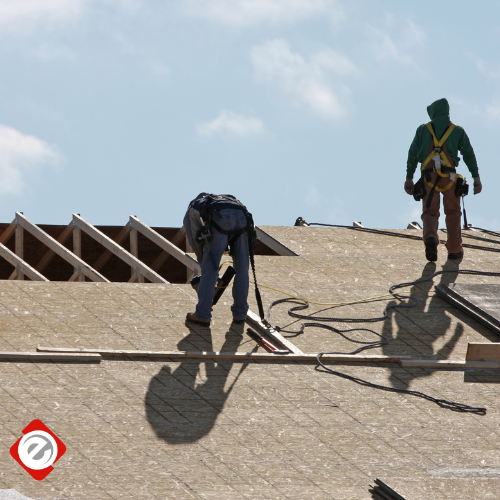econoroofing209@gmail.com
Prorated vs. Non-Prorated: What Your Roofing Warranty Really Covers
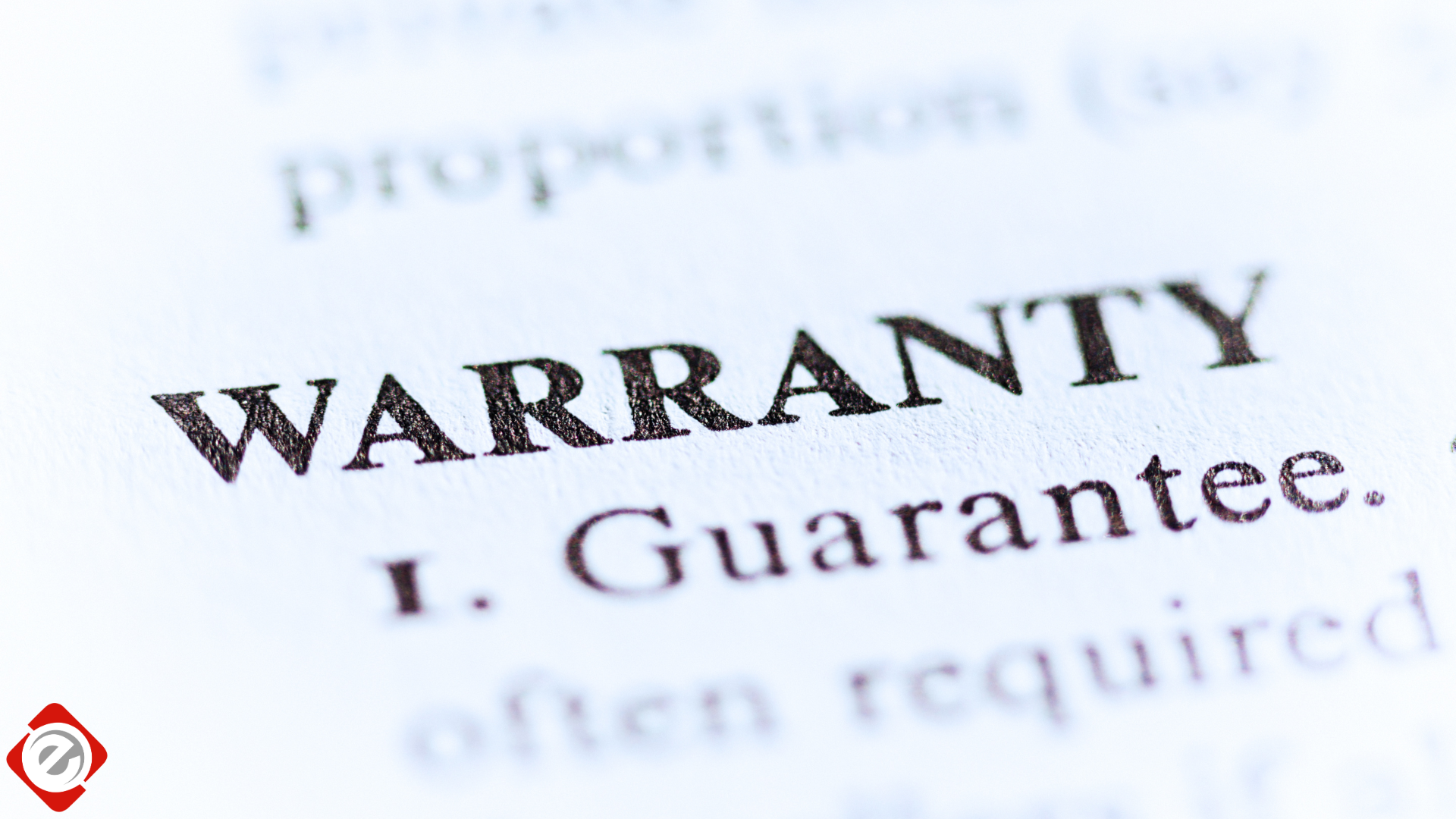
When you invest in a new roof, the warranty document is your single most important financial protection. But buried in the fine print is a term that can mean the difference between full coverage and a surprise bill for thousands of dollars:
prorated.
Many homeowners assume their "30-year" or "lifetime" warranty provides the same level of protection in year 15 as it does in year one. With a prorated warranty, that is rarely the case.
Understanding the distinction between prorated and non-prorated coverage is essential to knowing what your warranty really covers. This guide will explain the difference in simple terms and show you how to secure true, long-term peace of mind.
What Is a Prorated Roofing Warranty?
A prorated warranty is a warranty that
loses value over time. Think of it like the warranty on a set of tires the coverage amount decreases as the roof ages and sees more wear and tear.
While these warranties often provide full coverage for an initial period (typically the first 5 to 10 years), the manufacturer's contribution toward repairs or replacement gradually diminishes after that.
A Real-World Example of Prorated Coverage
"We thought our 30-year warranty covered everything. When our roof failed in year 18 due to a defect, the manufacturer only paid for a fraction of the cost because the warranty was prorated. We had to cover the rest. Next time, we’ll choose a non-prorated warranty!"
What Is a Non-Prorated Roofing Warranty?
A non-prorated warranty provides
consistent, unchanging coverage throughout the entire warranty period. It’s like having a bumper-to-bumper car warranty that lasts for the full term no surprise deductions or loopholes.
If a covered issue arises, the manufacturer is responsible for the full cost of repairs or replacement, including labor and materials, for the entire duration of the non-prorated term.
At a Glance: Prorated vs. Non-Prorated Coverage
| Feature | Prorated Warranty | Non-Prorated Warranty |
|---|---|---|
| Coverage Value | Decreases over time | Remains consistent for the full term |
| Out-of-Pocket Risk | Increases as the roof ages | Low to none for covered issues |
| Best For | Short-term homeowners or tight initial budgets | Long-term peace of mind and predictable costs |
| Typical Cost | Lower upfront | Higher upfront, better long-term value |
Why Does This Distinction Matter for Your Investment?
The difference between these two warranty types directly impacts your long-term financial security. A prorated warranty shifts a growing portion of the financial risk to you as the years go by. A non-prorated warranty keeps that risk with the manufacturer, offering predictable costs and better protection against unexpected expenses.
The industry's best protection comes in the form of enhanced, non-prorated system warranties offered by leading manufacturers like GAF, Owens Corning, and CertainTeed. These premier warranties are only available through elite, factory-certified contractors who have a proven track record of high-quality installation. They are designed to provide homeowners with predictable, long-term coverage that protects their investment for decades.
Learn more about the industry's best enhanced warranties in our guides to GAF's Golden vs Silver Pledge, Owens Corning's Platinum vs System Protection, and Certainteed's SureStart™ PLUS 5-STAR Warranty.
Frequently Asked Questions
Are all enhanced roofing warranties non-prorated?
No. While the best enhanced warranties from top manufacturers offer non-prorated coverage for 20–50 years, some "upgraded" warranties still become prorated after an initial period. Always check the fine print to understand the terms.
Can I upgrade my roof warranty to non-prorated after installation?
Generally, no. A non-prorated warranty must be chosen at the time of installation, and the roof must be installed by a certified contractor to qualify for the manufacturer's enhanced coverage.
Does a non-prorated warranty cover both materials and labor?
The best non-prorated "system" warranties cover both materials and labor for a set period. However, some warranties may only cover materials, so it is crucial to confirm exactly what is included before you sign.
What is the main financial benefit of a non-prorated warranty?
Predictable long-term costs. You are protected against unexpected, out-of-pocket expenses for covered issues, which becomes more valuable as a roof ages and the likelihood of repairs increases.
Do different roofing materials come with different warranty options?
Yes. For example, premium asphalt shingles often come with both prorated and non-prorated warranty options, while materials like metal roofing more commonly feature longer, non-prorated warranties from the start.
What is typically excluded from both prorated and non-prorated warranties?
Common exclusions for both warranty types include damage from severe weather events (like storms or hail), improper maintenance, or unauthorized repairs. This type of damage is typically covered by a homeowner's insurance policy.
How does a non-prorated warranty affect my home's resale value?
A non-prorated warranty generally has a stronger positive impact on home value. Because these enhanced warranties are often transferable to a new owner, they provide the buyer with the same high level of long-term protection, which is a significant selling point.
Secure Predictable, Long-Term Protection
When choosing a new roof, don't just look at the length of the warranty—look at the type of coverage it provides. A non-prorated warranty is a clear sign of a manufacturer's confidence in both its products and the contractor installing them.
To learn more about the different types of warranties available, see our complete
Homeowner's Guide to Roofing Warranties & Certifications.
Ready to protect your investment with a warranty that offers true peace of mind? Schedule a free, no-obligation inspection today, and our certified experts will walk you through the industry's best non-prorated warranty options.





